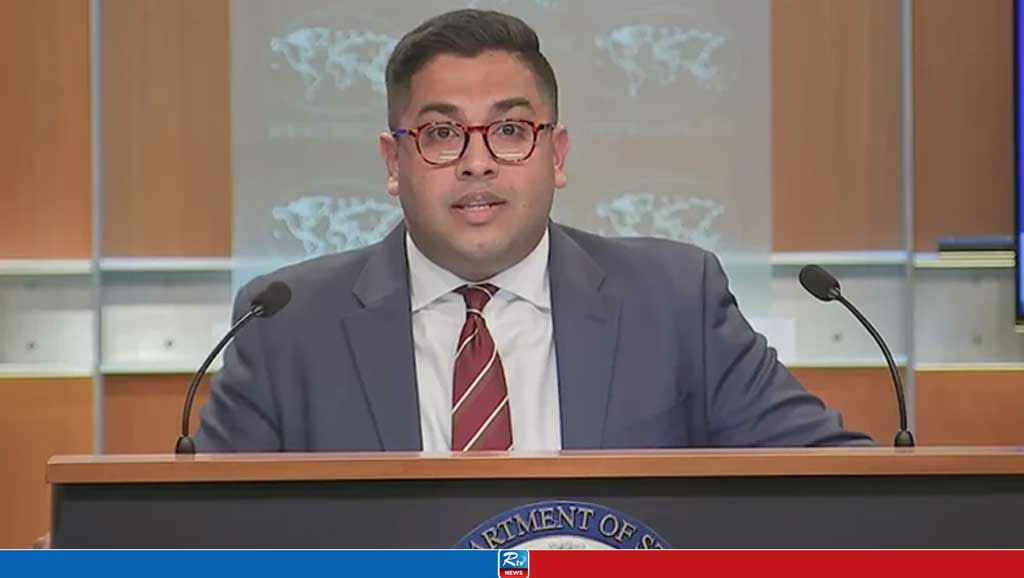China Announces Stimulus Plan to Revive Economic Growth

China has announced a sizable increase in its government debt issuance to support its local governments, its low-income citizens, the property market, and state banks' capital.
Finance Minister Lan Foan said on Saturday that the country will issue 2.3 trillion yuan (€297 billion or $325.5 billion) in special bonds in the next three months to boost the economy.
What else did the minister say?
The aid program is believed to be the biggest since the 2007-2008 global financial crisis.
"In the next three months, a total of 2.3 trillion yuan of special bond funds can be arranged for use in various places," Lan said at a briefing in Beijing.
He added that the debt ceiling will be lowered for local governments, freeing up funds for them to spend on infrastructure and job protection.
"At present, we are accelerating the use of additional treasury bonds, and ultra-long-term special treasury bonds are also being issued for use," Lan said.
He also said there will be more "counter-cyclical measures" this year.
"There is still relatively big room for China to issue debt," Lan added.
Why does China need fiscal stimulus?
Fiscal stimulus in China has been the subject of intense speculation in financial markets after a September meeting of the Communist Party's top leadership, the Politburo. The meeting signaled an increased sense of urgency about mounting economic impacts.
The world's second-largest economy is facing strong deflationary pressures due to a sharp downturn in the property market and weak consumer confidence. This has exposed its economy's over-reliance on exports, at a time when its global trade ties are becoming increasingly tense.
A wide range of economic data has missed forecasts in recent months. This has raised concerns among economists and investors that the government's target of around 5% growth this year is in jeopardy and that a longer-term structural slowdown may be looming.
The long-awaited stimulus came on top of a series of measures announced in recent weeks, including interest rate cuts and liquidity for banks.
Comments
Microsoft Survey: India Tops the World in Spreading Misinformation

Chinmoy Das' Arrest: US Calls for Fair Representation

Nepal Bypasses Delhi, Signs BRI Agreement with China

China's Rules through Ideologically Indoctrinating the Youth

Chinese Consumers Tighten Budgets, Hotel Industry Struggles

Pakistan to Launch Direct Flights in Bangladesh Soon

Saudi Arabia Unveils World's First Date-Based Soft Drink: 'Milaf Cola'


 Live Tv
Live Tv




